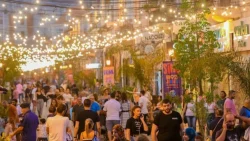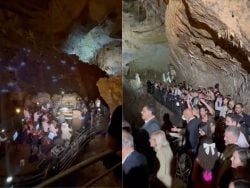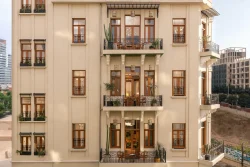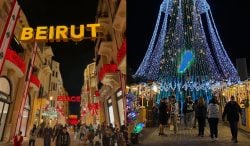The Most Orientalist Articles You’ll Read About Beirut
You know the articles. They’re usually written by American or European journalists who have been plopped into Beirut for a week to capture the essence of Beirut. Sorry to all you aspiring writers who are looking for the hidden treasure which is the Paris of the Middle East, but you’ve got to stop using the clichés of resilience, chaos, and magic. It can be difficult to write about Beirut when we are so used to these tropes, but you’ve got to go a little deeper beneath the surface.
The biggest issue with these articles is their attempt to ‘exoticize’ and romanticize war and the Lebanese publics’ ability to, well, just go on living. The Lebanese are resilient, they say, able to rise like a phoenix from the ashes of war. But when was the last time you saw people collectively drop dead from the sheer exhaustion of living? This is what humans do, guys, they go on.
And it’s not all that romantic. A trip to Beirut will quickly shatter that façade, and present you with something a lot more polluted, trash-infused, and corrupt. Sure, you can go on a coke-binge while hearing the Islamic call to prayer, but why are these “juxtapositions” so fascinating? I’ll be the first to tell you Beirut is a beautiful place with a jaded past, but let’s not go overboard and pretend that it is a magical oasis where people are so very inherently different from the rest of the world.
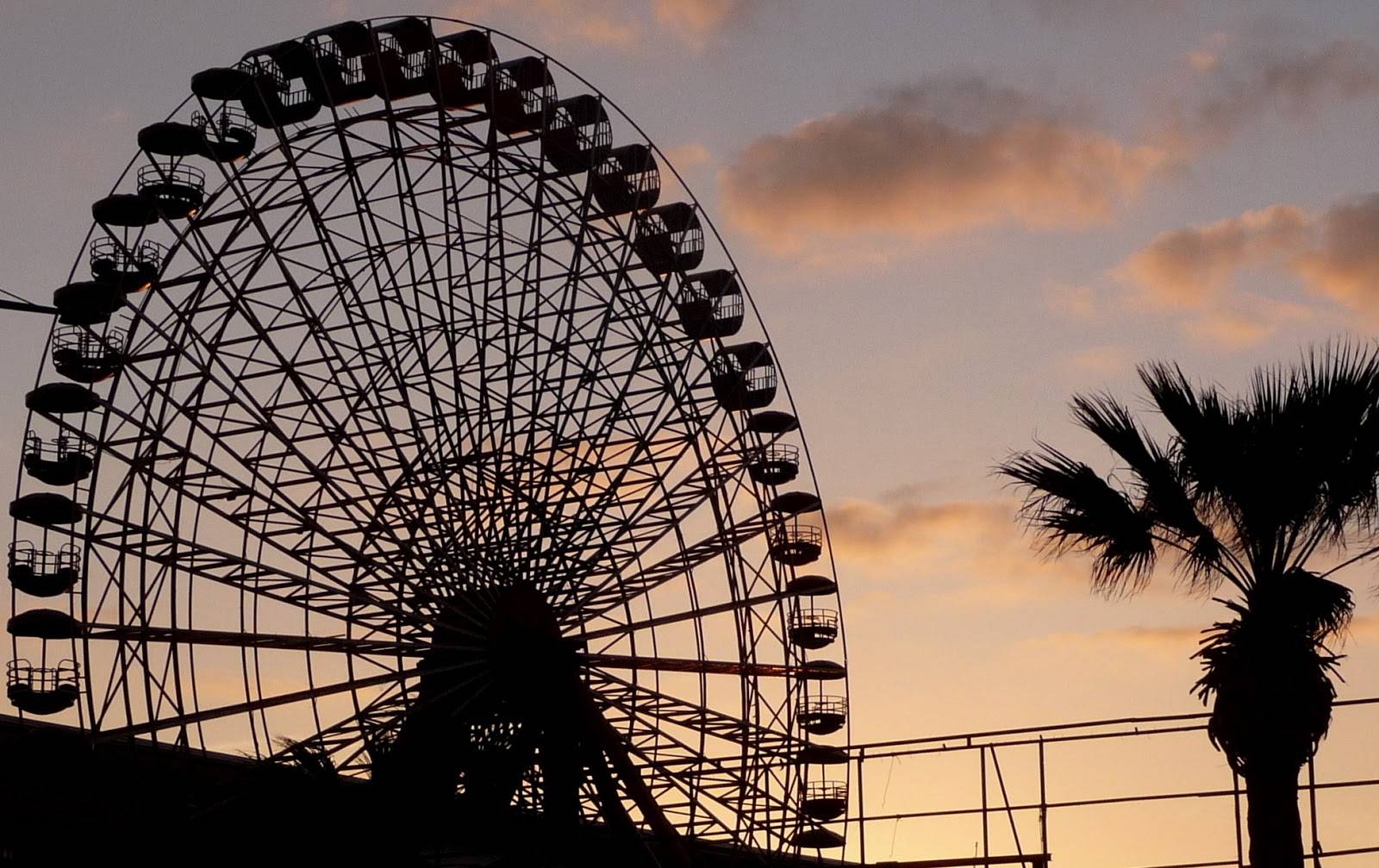
1. People rise from the ashes
“New museum openings lead Beirut’s renaissance”
Favorite line: “Despite being in a conflict zone, Beirut is somehow rising like a phoenix from the ashes.”
The contrasts are just so overdone, and this is only one article out of the hundreds tackling Beirut’s art scene. Despite conflict, there is creativity; despite war, there is resilience; despite Hezbollah, there is coke.
2. But, they party?
“Fighting for the Right to Party in Beirut”
Favorite line: “Rooftop nightclubs adorn the coast of the Mediterranean, bohemian districts cater to tourists and local artists, and bars offer coke-fueled benders down the street from Hezbollah headquarters. It doesn’t get more scenic.”
Ooh, spicy. Snorting coke has never felt so dangerous. The southern suburbs are often cited as Hezbollah headquarters or strongholds in an effort to detach humanity from the areas which have been regularly bombed in the recent past. What’s more, as a Lebanese local, I don’t really recall any pubs existing down the street from these neighborhoods. I know you like contrasts, Mary, but try again.
Close second place: “The juxtaposition of political tension and flagrant partying is not the only clash of interests in Lebanon.”
There we go, Mary, you did it. There’s nothing sexier than juxtaposition. It’s when two things clash, and that’s downright hot.
“But nothing has survived civil war, foreign invasion, 800,000 refugees, and a regular stream of targeted bombings quite like Beirut’s club scene.”
Nothing but the club scene, you say? Girl, I think something else might have survived. Don’t forget about all those resilient people, refusin’ to die.
3. Wait seriously, they party?
“War is a million miles away when the Lebanese begin to party”
Favorite line: “The communities rarely interact. Rushing through the city’s Armenian quarter one night, on my way to the chic downtown district, I was stopped by an elderly man who warned me not to go on. “There are Muslims there,” he cautioned.”
Ruth, oh Ruth. Maybe this did happen to you. But it doesn’t mean that “the communities rarely interact.” This makes it sound as if each religious/ethnic community is barricaded off, like the people of Bourj Hammoud rarely venture outward to interact with people from all over the city in Mar Mkhayel or Hamra. Even with those pesky Muslims.
Also, the photo caption clarifies that this is a Christian woman drinking alcohol, because it would be rather confusing for readers to assume that Lebanese Muslims drink.
4. They keep on keepin’ on.
“Beirut is a city that refuses to die. I love its energy and resilience”
Favorite line: “While making films during the war, I was fascinated by the way ordinary people managed to hold on to their humanity and reconstruct their lives, despite the death and destruction around them.”
I know that in film, these contrasts can produce powerful aesthetics, but it’s becoming clichéd to talk about creativity thriving through destruction, through something so banal.
5. It’s the Paris/Tel Aviv/Switzerland of the Middle East!
“Beirut, the Tel Aviv of the Arab World?”
Favorite line: “As clichéd or escapist as it may sound, Beirut and Tel Aviv could be sister cities, if not twins.”
You mean, two cities which share geographical proximity and history may share some sort of common culture? How can that be? What about the war? The bombs? The Arabs’ inherent hatred of freedom?
For all you ignoramuses who thought that the Beirut of the Arab world was Beirut, Haaretz is here to prove you wrong.


